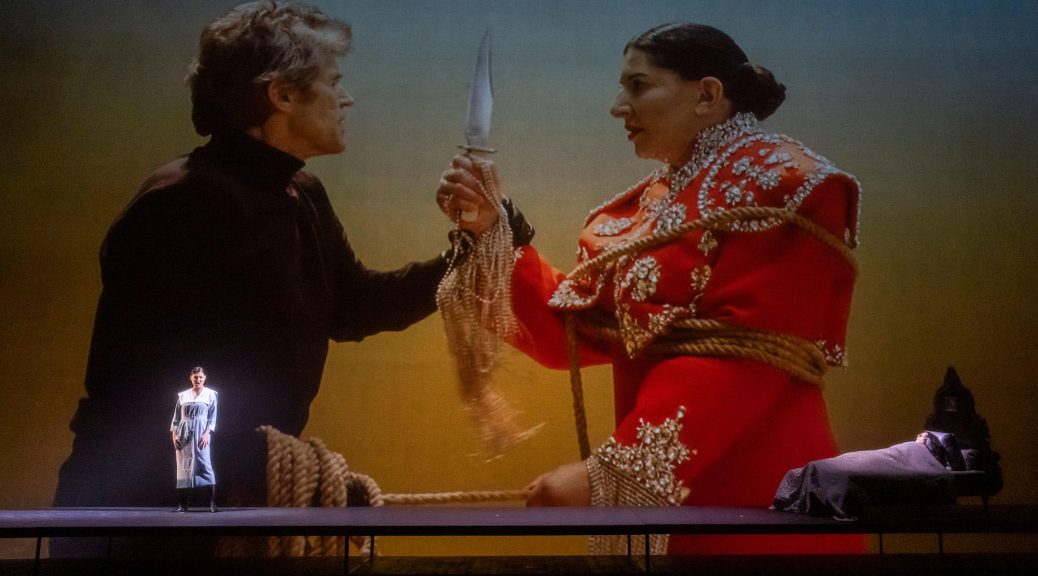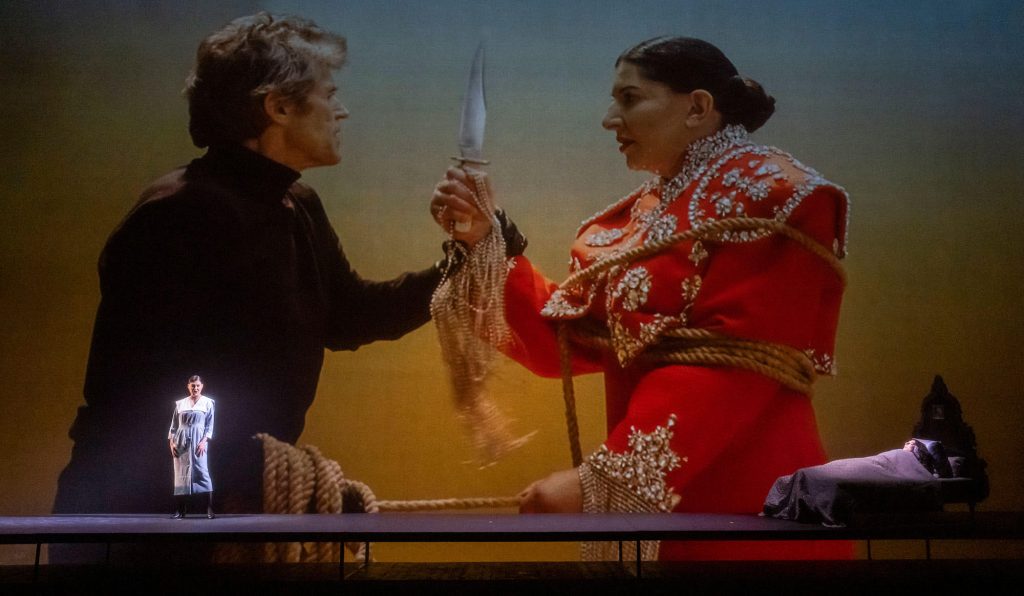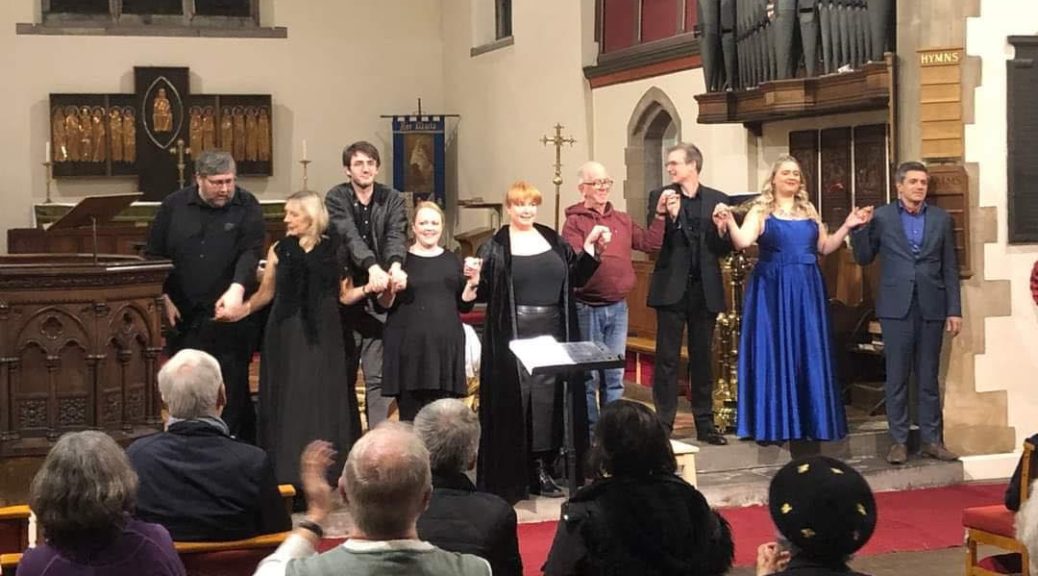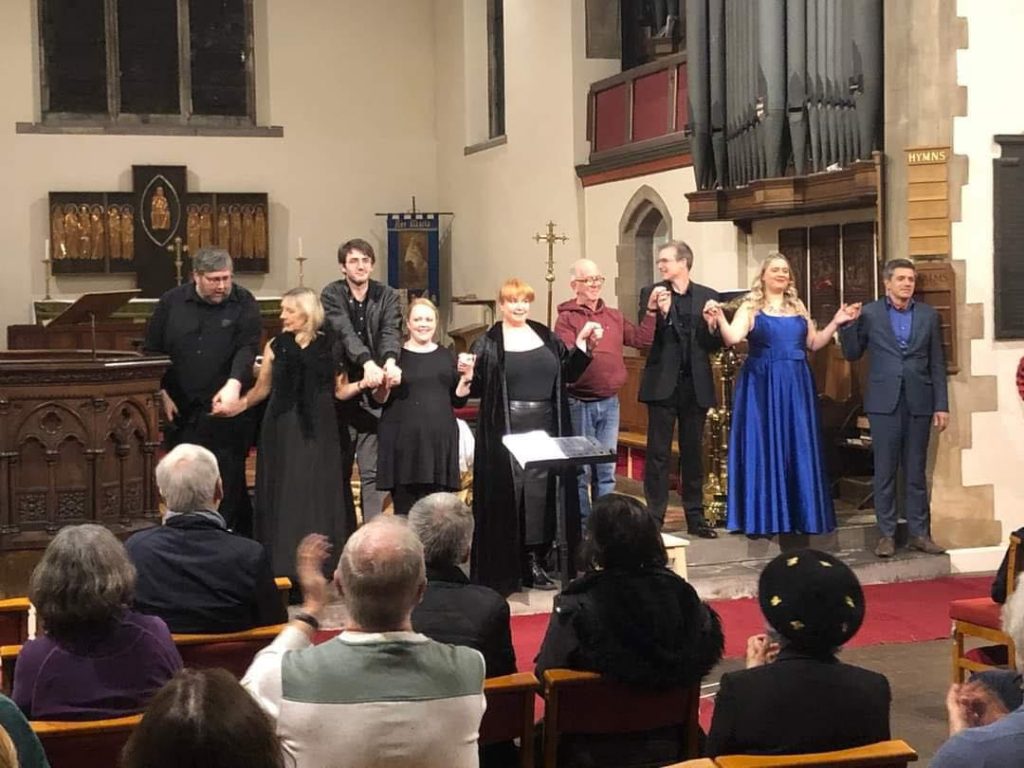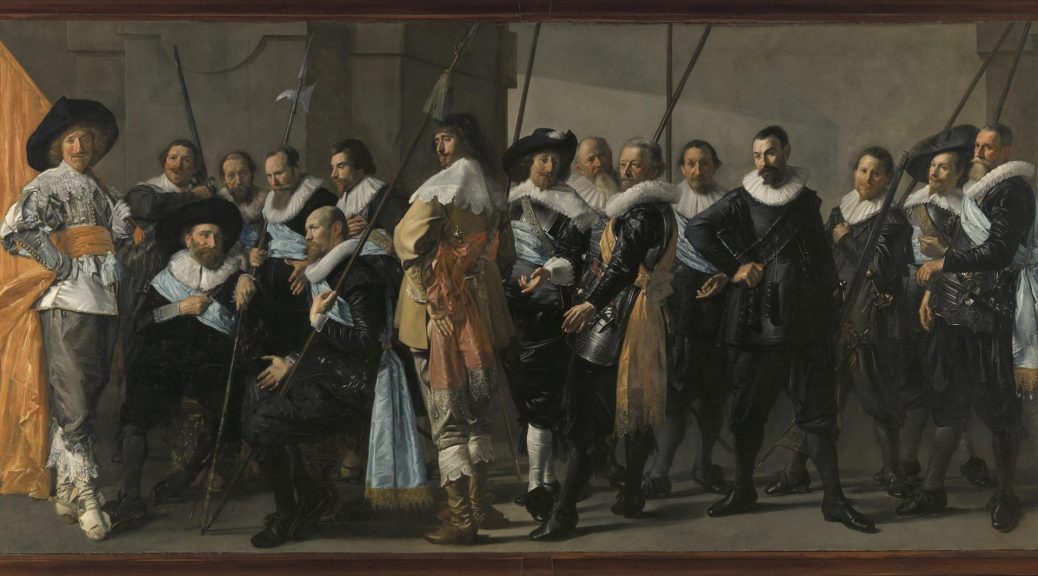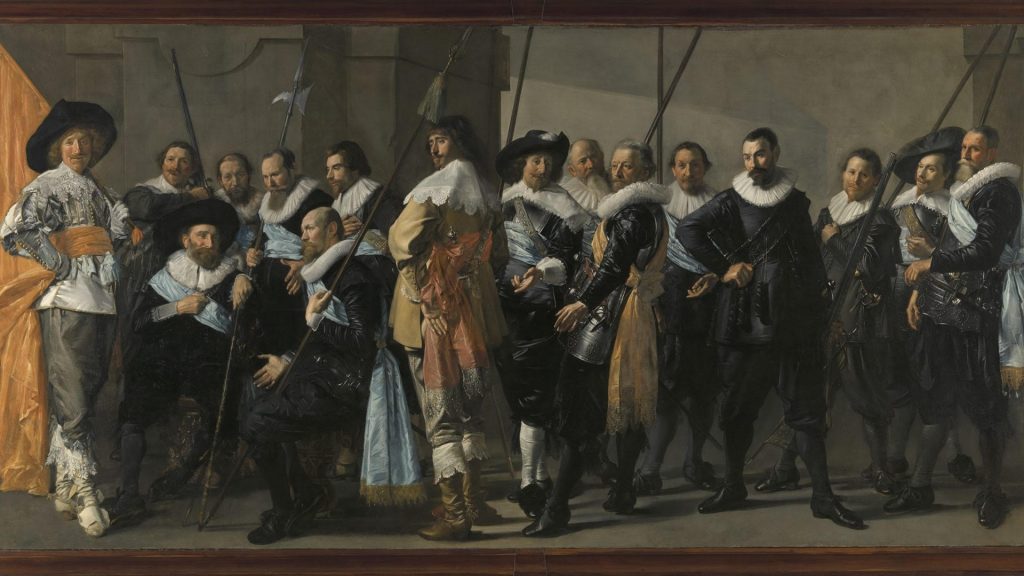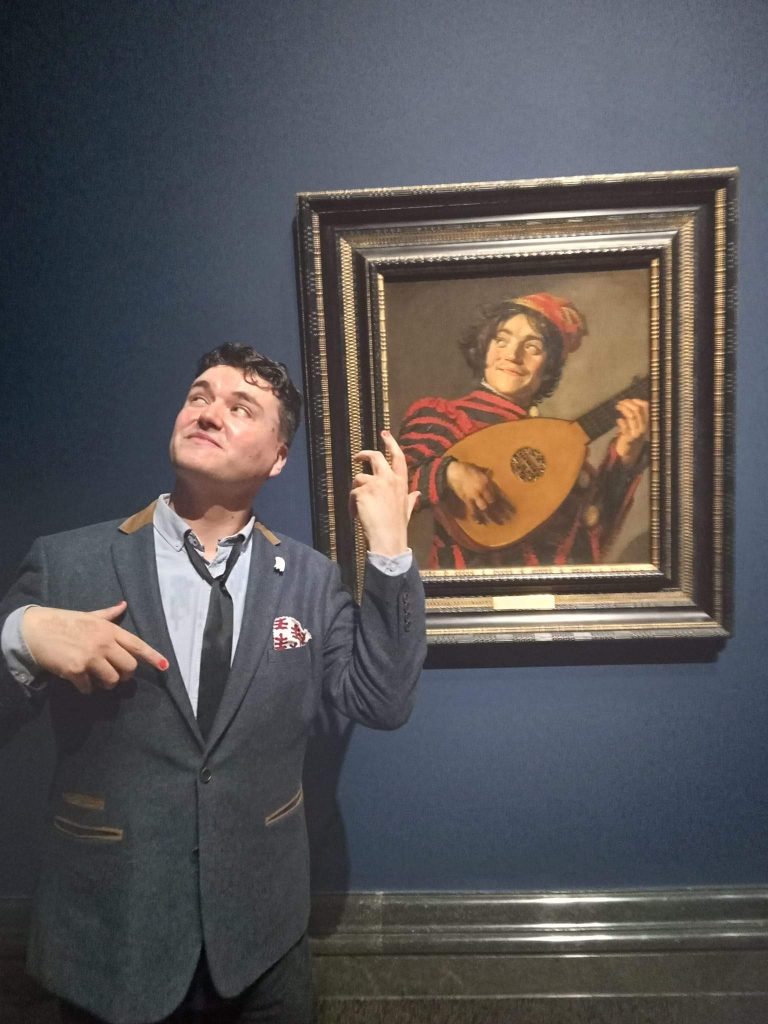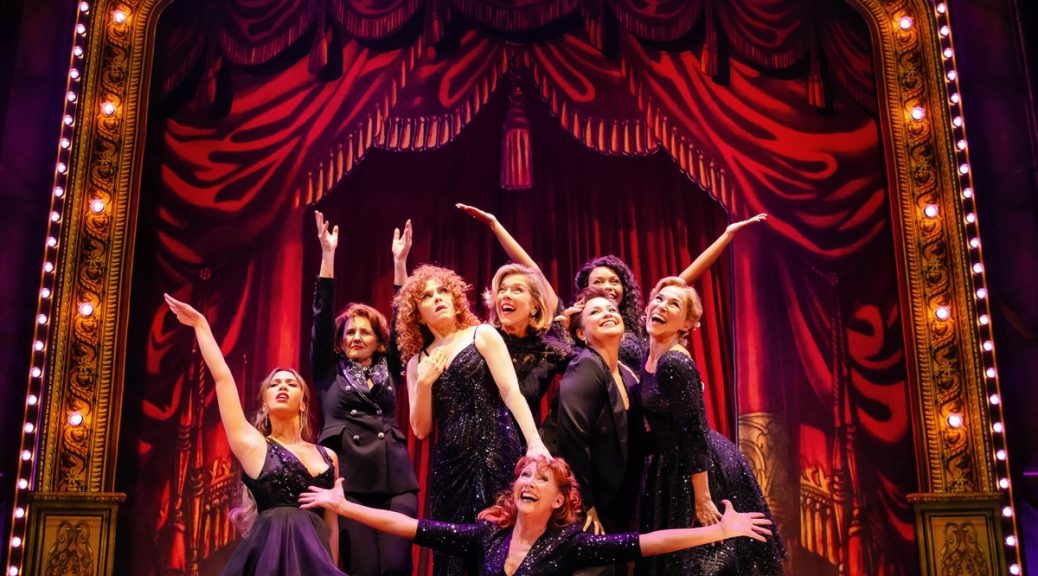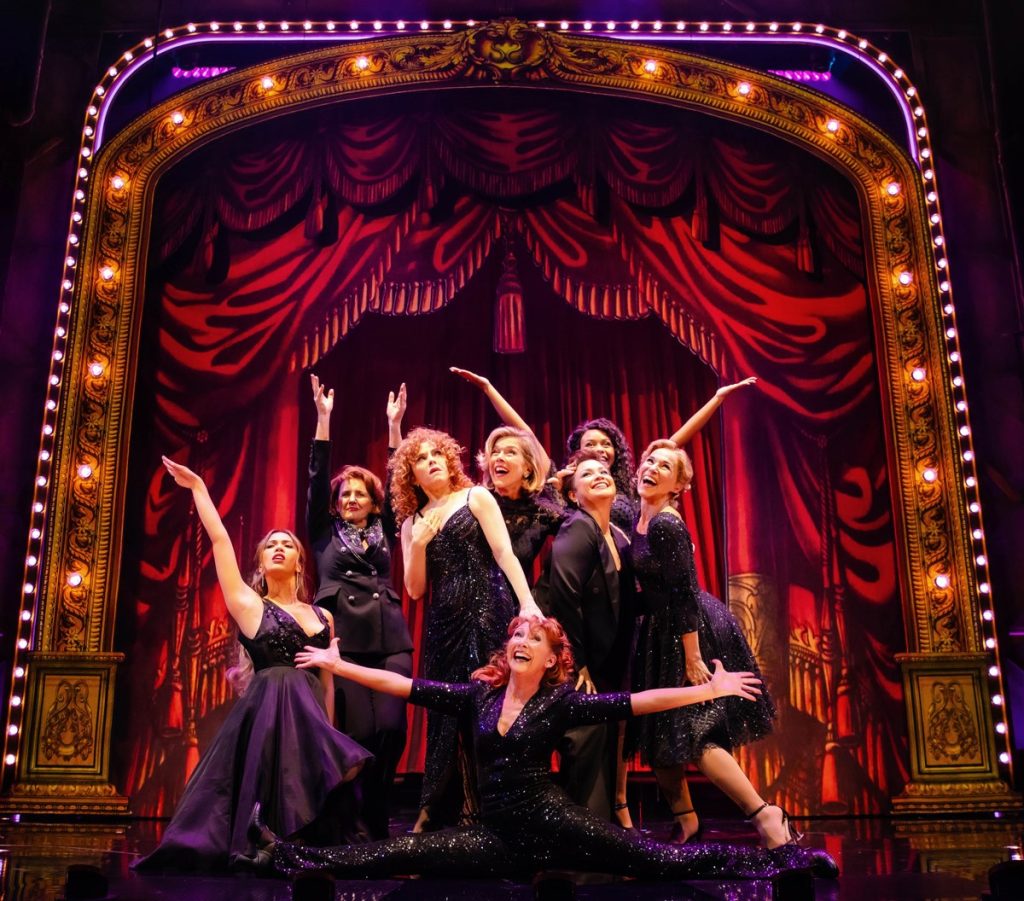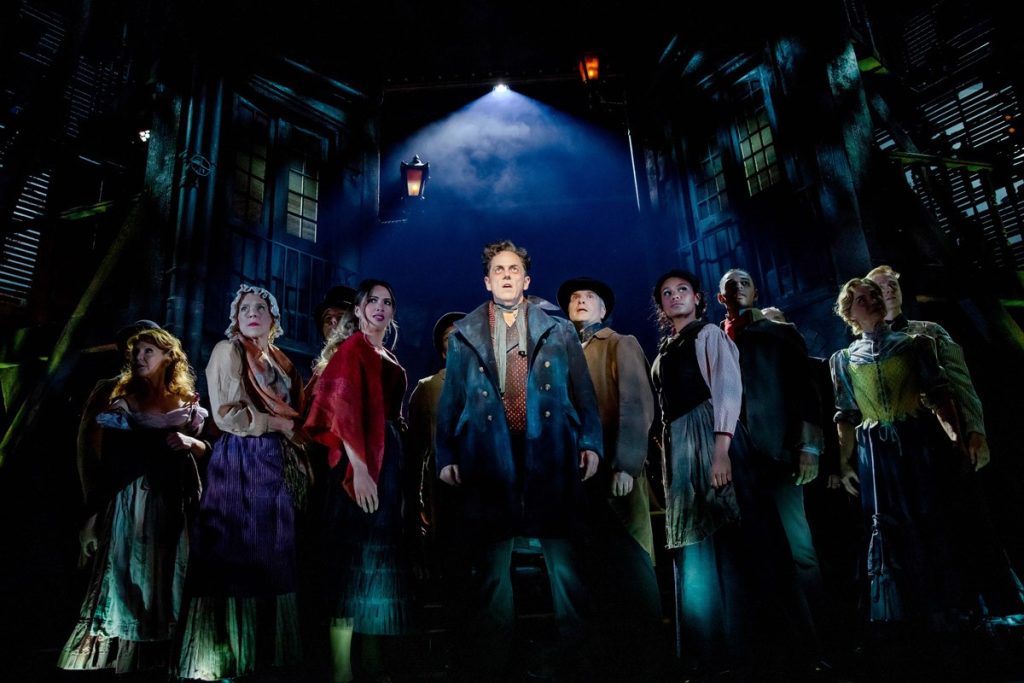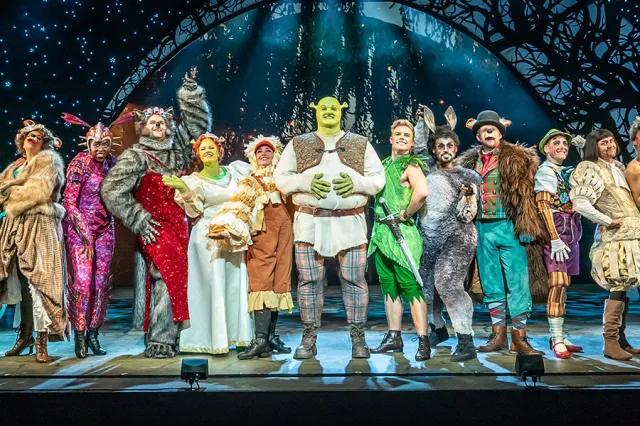
My 10-year-old son went to a drama camp over the summer holidays where, outnumbered almost 10 to 1 by the girls, he was relieved to learn a couple of scenes from Shrek the Musical having endured a little too much ‘Frozen’ for his liking. He came home from camp and spent several evenings on YouTube watching extracts from the show, so was delighted to see it was coming to the Wales Millennium Centre and asked if we could go.
The show started almost 15 minutes late with no explanation – which isn’t ideal for a long production aimed at children on a school night, but these things happen I guess. In the opening scenes we learn a little about how our green heroes came to be living alone in a steamy swamp and a dragon-guarded tower respectively. This backstory adds credibility to the unlikely love story between a princess and an ogre and the ultimate moral of the story – not to judge a book by its cover! My son was delighted by the colourful costumes and humour of the displaced fairy-tale creatures that found themselves wandering unwelcome into ‘ogre territory’. Worthy of note was the acrobatic Pinocchio whose dancing was far from ‘wooden’ and a Christmas elf/Gingerbread man with one of the best singing voices I think I’ve ever heard on stage.
We were quickly introduced to the other hero of the story – Donkey. This character is to my mind, one of the most memorable and humorous animated characters in the Disney/DreamWorks genre, so a pretty hard act to follow, but I’d say that Brandon Lee Sears did an admirable job. Looking somewhat like an animation himself with his energetic and exaggerated, sometimes discordant movement as well as a good approximation of Eddie Murphy’s voiceover as Donkey, Brandon was well cast. That said, one of the aspects of the show that I did find a little odd, was the strong American accents affected by most of the rest of the cast. Granted it would be hard to conceive of a convincing Shrek without his Scottish accent – but I did find the combination of that, with the microphone and the extremely loud music, made the lyrics of the opening songs a bit difficult to decipher. For other characters however, I am not sure why it was necessary to have such exaggerated American accents.
The sets and costumes were as colourful and high quality as you would expect from a high-budget, big-name show and made for the spectacle I had been hoping for, and the storyline was kept simple (though almost to the point where I thought they could have shaved off a couple of minutes to reduce the length of the show and the resultant squirming in the seat next to me towards the end!) The dancing rodents were lovely to watch, and the tap dancing a rare treat these days, but in all honesty, they didn’t add a great deal to the story.
It was good to see that the show didn’t rely on projection for the dragon, as could so easily have been the case, and I am sure that many of the audience will have delighted in both the puppetry skills and the vocal range of Cherece Richards – certainly the audience members around me did!
For me Joanne Clifton stole the show somewhat as Princess Fiona. Her vocals turn out to be almost as good as the dancing skills for which she is renowned but actually that brings me to the one thing I felt was missing slightly. It took me a while to figure out what for me, stopped the show from going from a good night out to a really memorable experience that I’d want to see again – and that is the lack of some catchy songs. I read somewhere else that this musical lacks a really powerful soundtrack and I must agree. It’s clear why the advertising only references ‘I’m a Believer’ because that really is still the best song of the show, and no others have had the stand-out qualities that mean they are heard outside the confines of the theatre unlike other kids musicals such as (love it or hate it) ‘Let it Go’ or ‘Defying Gravity’. I did enjoy both the performance and the sentiment of ‘Freak Flag’ and the ‘sing-off’ between Shrek and Fiona in ‘I think I got you Beat’ but I didn’t come out of the theatre singing them in my head as I sometimes have from other performances. For me it’s definitely the sound that held the show back from getting a 5-star review. As with most things in live theatre and cinema these days –my son and I found the entire production a little too loud. At the start, the volume definitely prevented me from hearing the lyrics in Anthony Lawrence’s opening songs, and at times when the whole cast was singing together it felt a bit more like a fight to be heard than a cohesive harmony. In reality I don’t think it made any real difference to the volume, but my son commented on there definitely being no need for the additional handheld microphones in the final number. It does make me wonder if sound technicians really consider younger audience members when setting the volume of productions because it is a consistent complaint in our family that everything is just a tad too loud to be comfortable?
So, was it an enjoyable evening out? Absolutely! Is the standard of performance that which you’d expect from a big-name show? Totally! Is the storyline easy to follow and are the characters closely recognisable as their animated counterparts for younger fans of Shrek? Definitely! So there was very little not to like – the cast can’t be held accountable for the lack of any really memorable songs, but they definitely weren’t afraid of delivering the songs they have, in big voice, and it was clear that many of the audience around me love the show and have seen it more than once. How else do you get a capacity crowd on a Monday night in November?

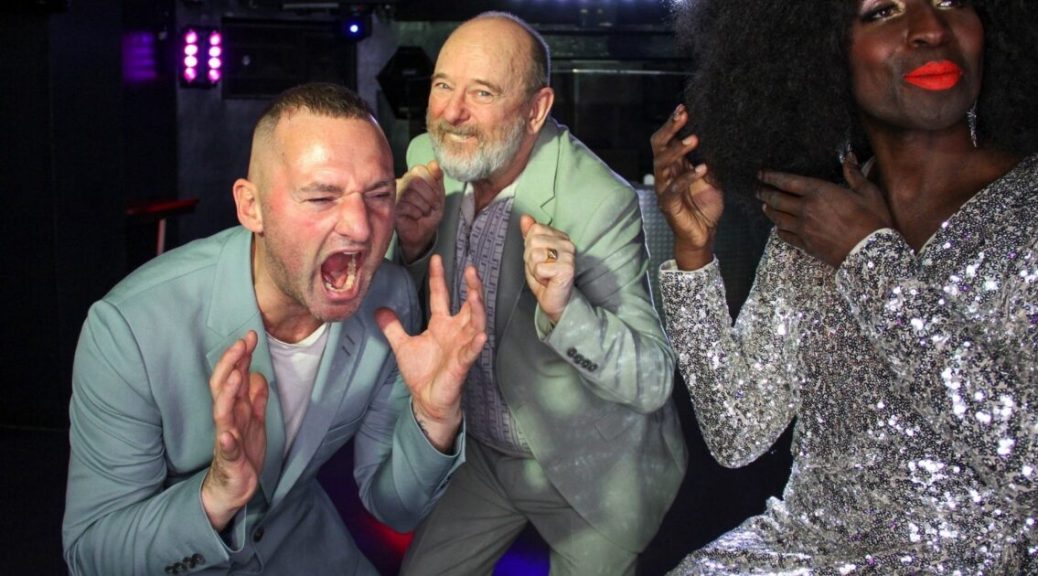
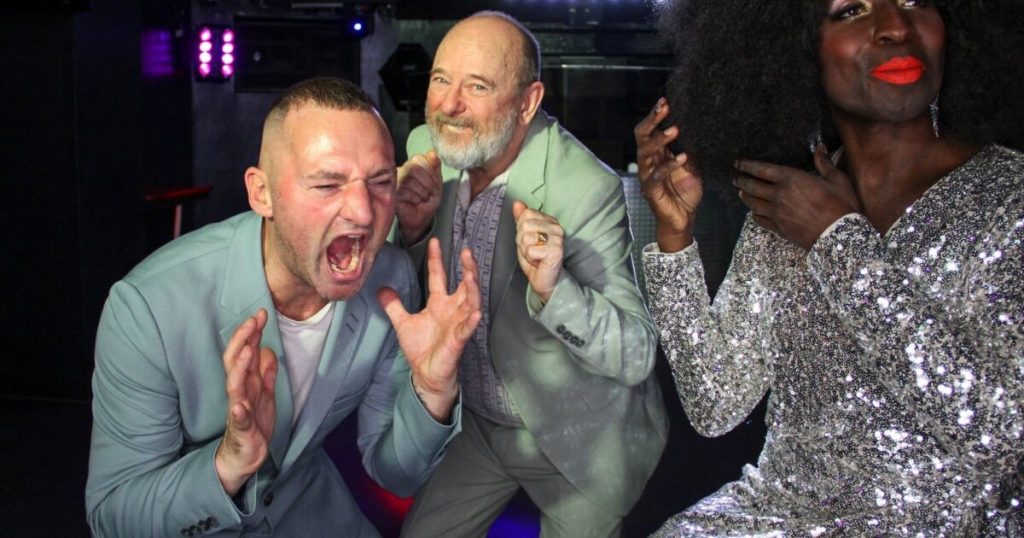
 (5 / 5)
(5 / 5)
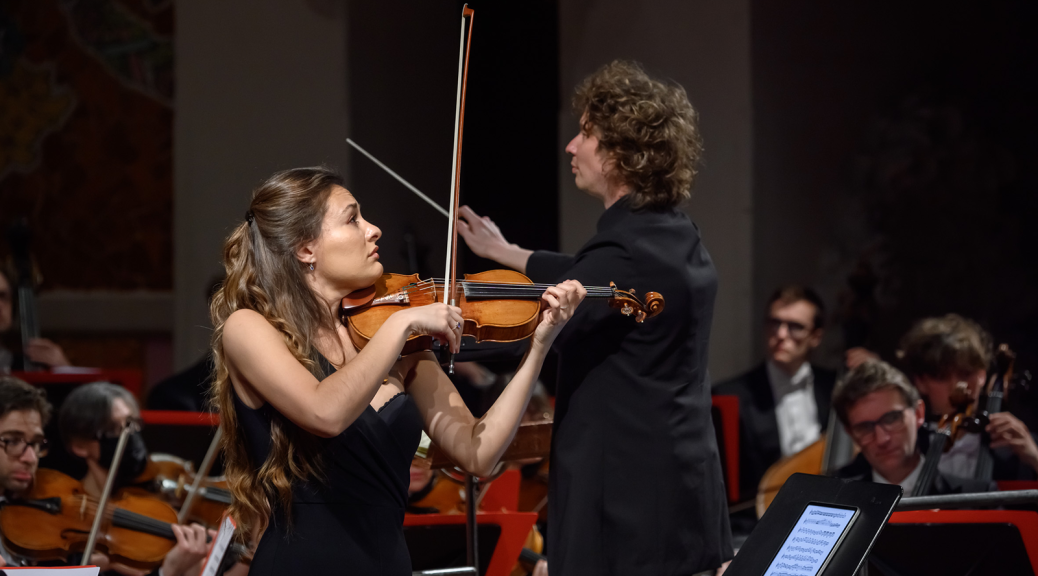
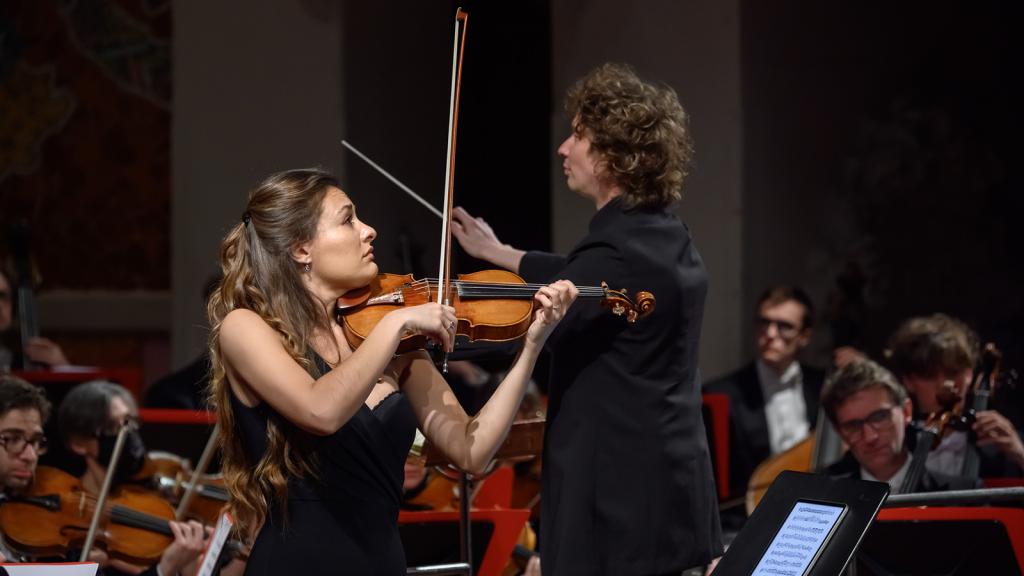
 (3 / 5)
(3 / 5)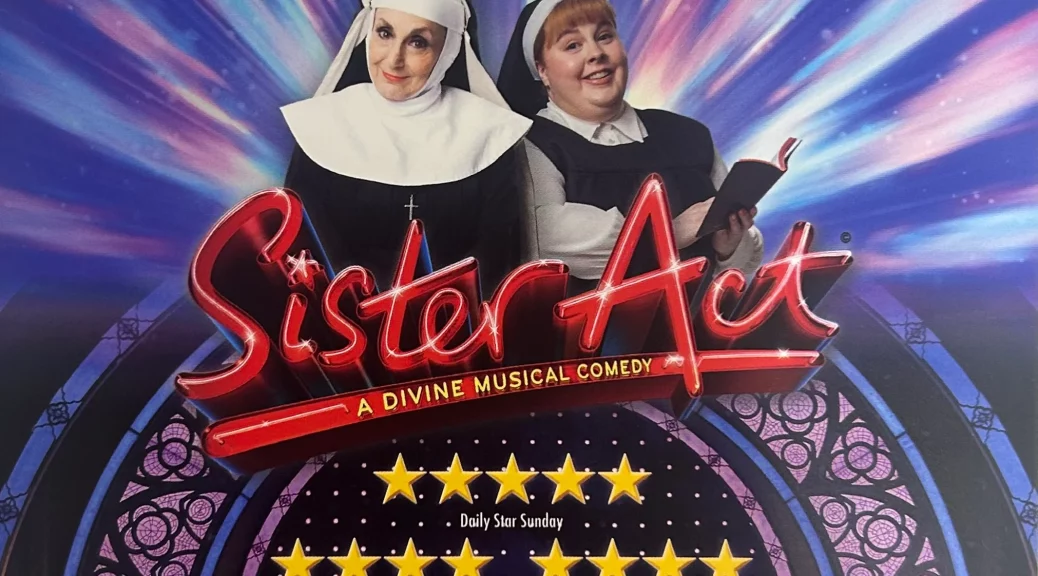
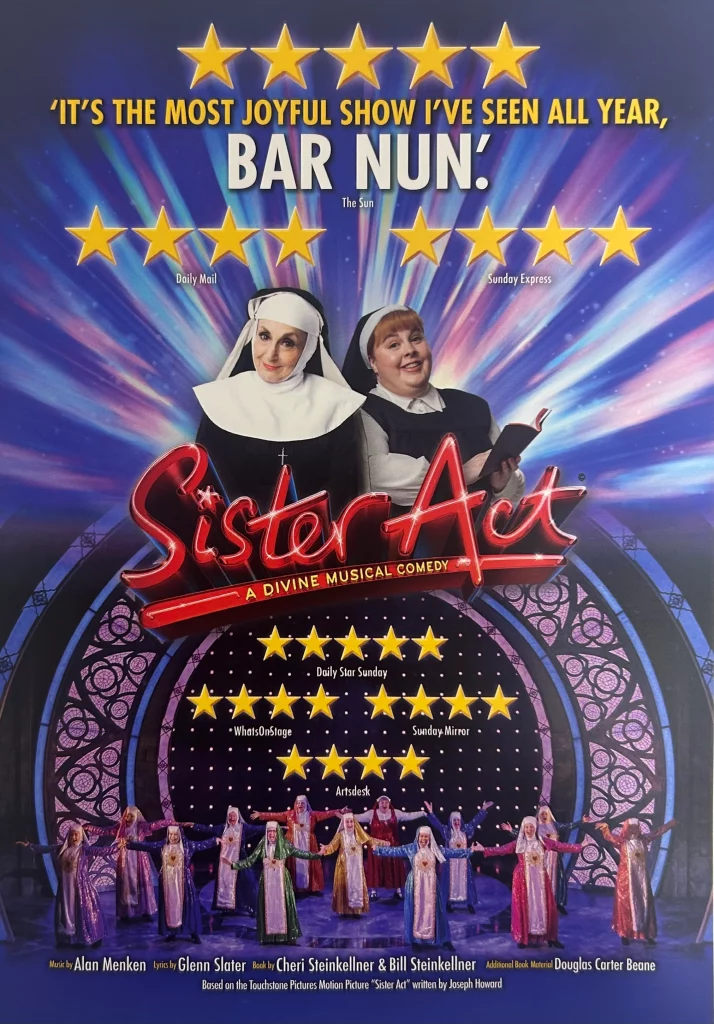
 (4 / 5)
(4 / 5)